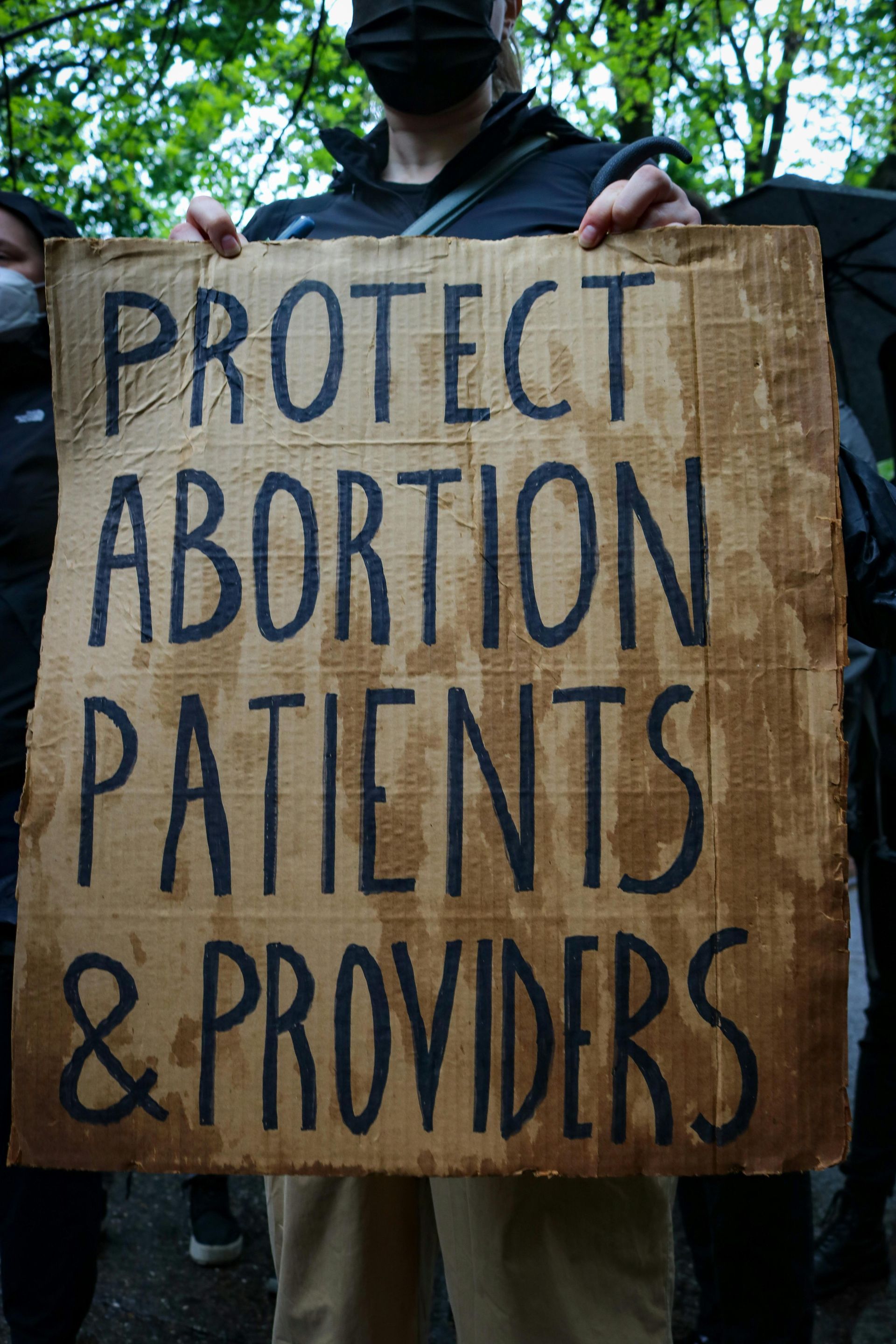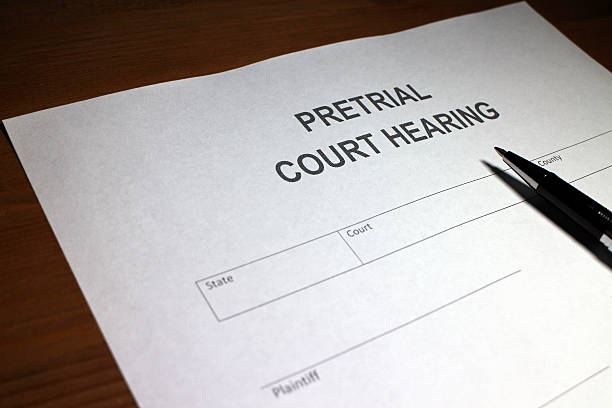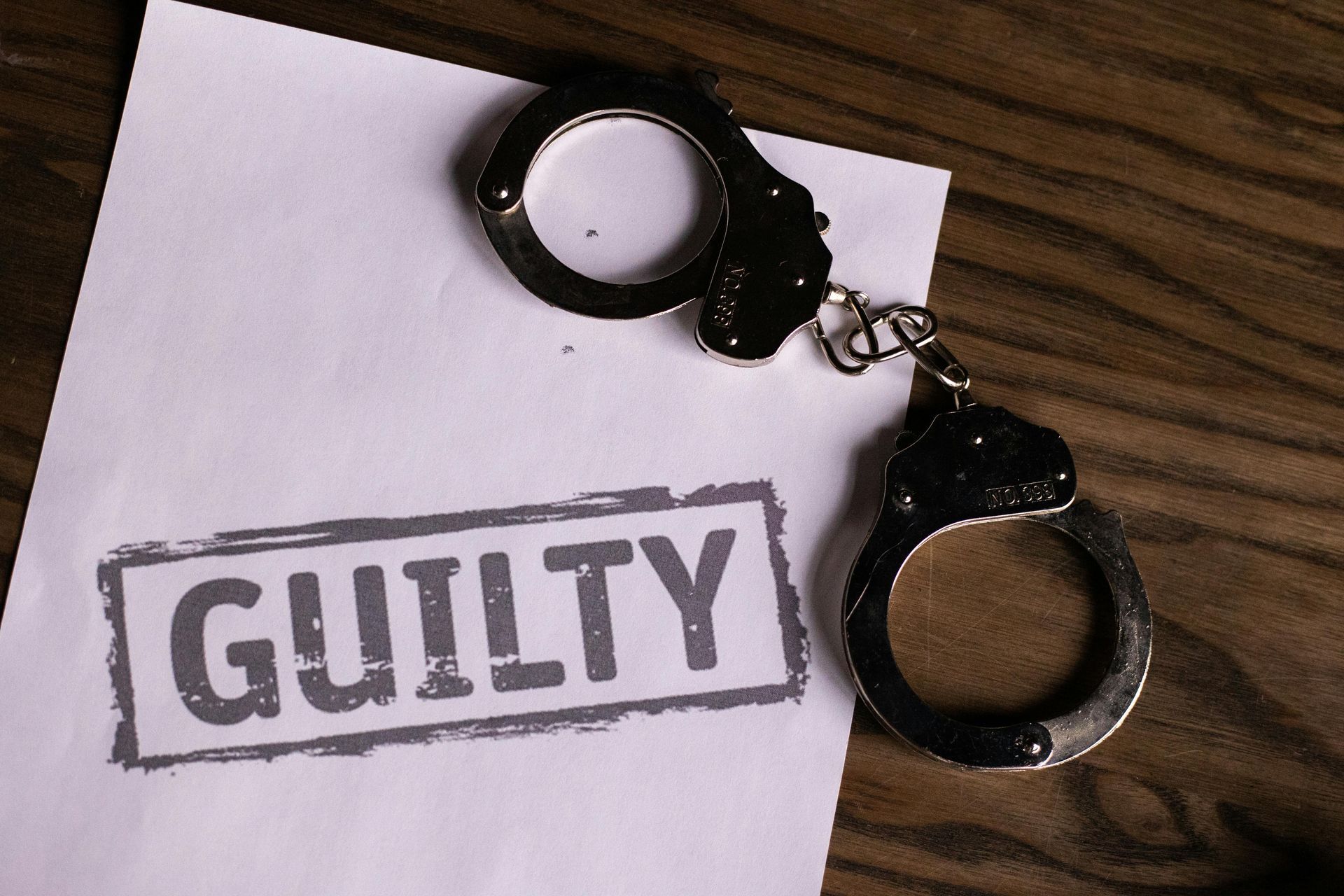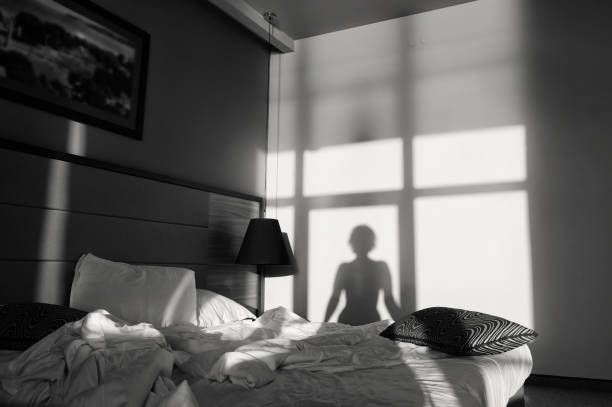New Indiana Laws!
The 2023 legislative session finished in March, but many of the laws will go into effect starting on Friday, July 1, 2023.

Indianapolis, Indiana: One of the more controversial issues was the bill banning gender-affirming care for minors. Last week, a federal judge in Indiana issued an order stopping the ban on puberty blockers and hormones for transgender minors from taking effect on July 1, 2023.
Below is a list of some of the bills that will become law on July 1, 2023.
House Bill 1608
HB 1608 will prohibit teachers from instruction on sexuality and gender for K-3 students in schools.
The law also requires teachers to notify parents if a child comes out as transgender.
This law has drawn comparisons to the Florida law that was notoriously called “Don’t Say Gay”.
Senate Bill 114
SB 114 protects tenants from the risk of utility shutoffs if the owner of their property fails to pay utility bills.
This comes after multiple instances of city officials needing to step in to keep utilities on at Indianapolis area apartment complexes.
The law will allow the utility company to ask for a court-appointed receiver. The receiver would take over the property or properties and make sure the bills are paid.
This is a win for tenants!
Senate Bill 1
Senate Bill 1also referred to as the Behavioral Health Matters bill establishes a statewide crisis response system to support Hoosiers going through a mental health or substance abuse crisis. This would include a help line.
House Bill 1177
House Bill 1177 offers teachers optional firearm safety training funded by the state.
HB 1177 also requires schools to distribute firearm safety materials to parents regarding how to safely store firearms in order to keep them out of children's hands.
Indiana doesn't mind putting guns in the hands of teachers while taking education (sex, books, cultural, etc.) out of the minds of children.
House Bill 1286
HB 1286 will require coroners in Indiana to test for xylazine in people who die from drug overdose.
House Bill 1365
HB 1365 will outlaw 'switch' devices that turn handguns into machine guns .
Under this bill, guns modified with an auto-sear are outlawed just like other machine guns.
Possessing a firearm with a switch is a level 5 felony, which carries a maximum sentence of six years in prison if convicted.
House Bill 1186
Under this new law, police can enforce a 25-foot buffer zone around investigating officers . If a person "knowingly or intentionally" approaches an officer and ignores an order to stop, they can be charged with a Class C misdemeanor.
I presume this law will face some litigation.
Senate Bill 43
This law will ban public safety agencies from establishing a residency requirement for 911 dispatchers.
In 2020, the Indiana general assembly designated 911 operators as first responders in Indiana code.
Because of that designation, some agencies require that 911 operators live in the community in which they serve.
Senate Bill 77
This law will allow throwing stars.
House Bill 1021
Makes it a Level 6 felony for an employee of a court or law enforcement agency to notify the subject of a warrant with intent to interfere with the execution of the warrant.
Makes it a Level 6 felony for a public employee or a person who contracts with the government to provide services to engage in “any fondling or touching with a person who is subject to lawful detention or lawful supervision with the intent to arouse or satisfy the sexual desires” of the employee or contractor
House Bill 1228
And this bill adds two new groups of people that cannot engage in consensual sex with a 17-year-old: Coaches in a youth sports organization and workplace supervisors
Adds two words to the definition of solicit: “lure” and “entice”
House Bill 1287
Modifies direct commitment statute to allow the court to sentence a person into community corrections as an alternative to jail or prison.
▪ Allows direct commitment for DUI resulting in serious bodily injury or death. Previously were ineligible. The following are ineligible to be directly committed to Community Corrections:
1. Person sentenced on a Level 1 felony
2. Person who is non-suspendible except if person is charged with F3 and is non-suspendible due to prior juvenile adjudication
3. A sentence for a crime that is enhanced by criminal organization under IC 35-50-2-15.
Senate Bill 48
Amends IC 35-41-4-2 by removing the statute of limitations for sex offenses committed against a child. There is no limitation if there is discovery of DNA, the state becomes aware of a recording, or a confession.
• Only limitation is that the State must commence within 5 years of discovering the evidence.
Senate Bill 158
Increases the cooling off period from 8 to 24 hours for a specified list of crimes, if the crime is allegedly committed against a family or household member. • Elevates invasion of privacy to a Level 6 felony if the person has a prior, unrelated stalking conviction. • Adds various offenses to the definition of serious violent felony.
Senate Bill 161
Amends the definition of “tracking device,” and allows a trial court to prohibit the use of a tracking device in an ex parte protective order.
• Makes stalking a Level 5 felony if it was committed or facility by use of a tracking device.
• Clarifies that placing a tracking device without knowledge or consent constitutes unlawful surveillance, a Class A misdemeanor, and makes the same crime a Level 6 felony if the accused has certain priors or is the subject of a protective order.
• Creates a special enhancement for any offense in which a tracking device is used.
Senate Bill 286
Permits a person placed on pretrial home detention to earn accrued time and good time credit like other persons on home detention.
• Increases the minimum term of imprisonment for habitual offenders from 6 to 8 years for those convicted of a Level 4 felony through murder.
• Increases the minimum term of imprisonment for habitual offenders convicted of all other felonies from 2 to 3 years.
To see the full list of the bills signed into law, click here .
Office Address
DISCLAIMER: Everything displayed on this site shall be regarded as general advertising and educational information and in no way should it be interpreted as legal advice. This does not create an attorney-client relationship. You should contact an attorney directly regarding your own situation. An attorney-client relationship will only be established after you hire us and we have established that there is no conflict of interest.
Mailing Address
9702 E. Washington Street, Suite 171
Indianapolis, IN 46229
©Law Office of Mark Nicholson. All Rights Reserved.



















